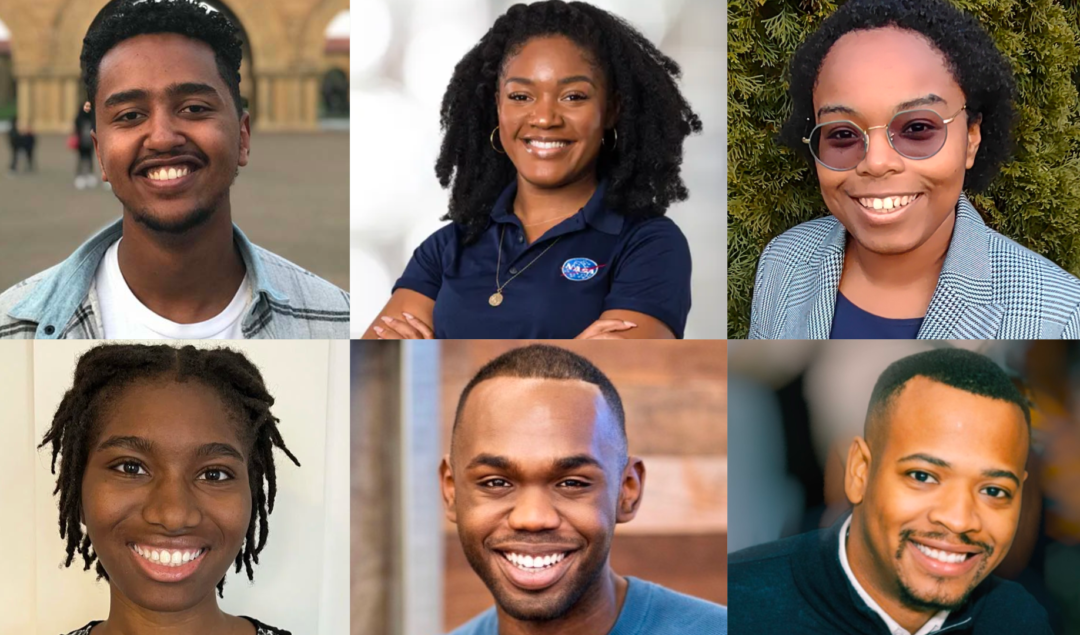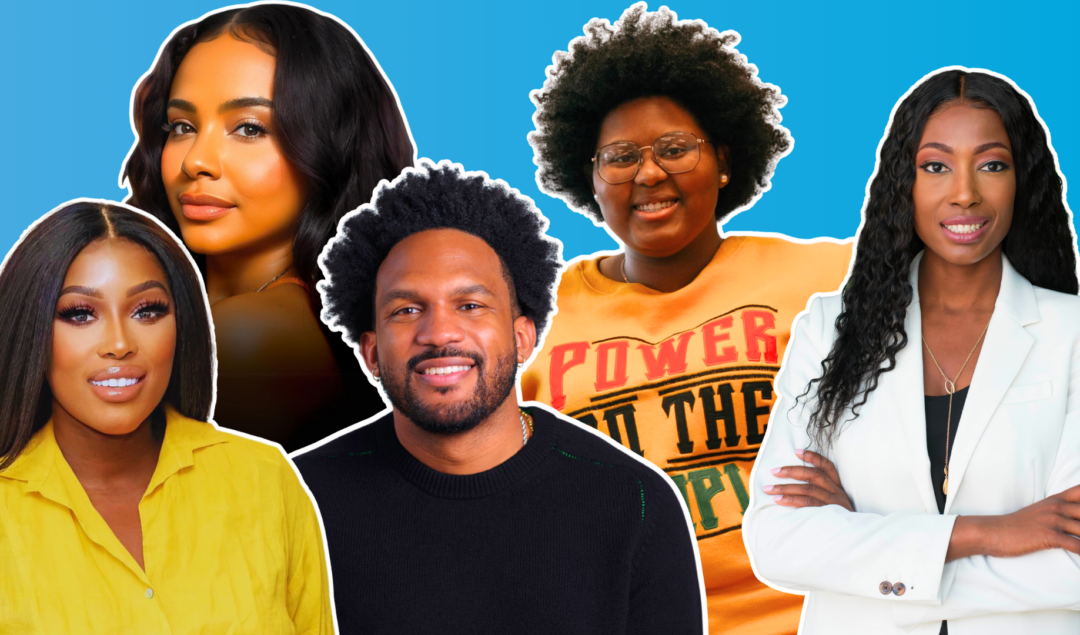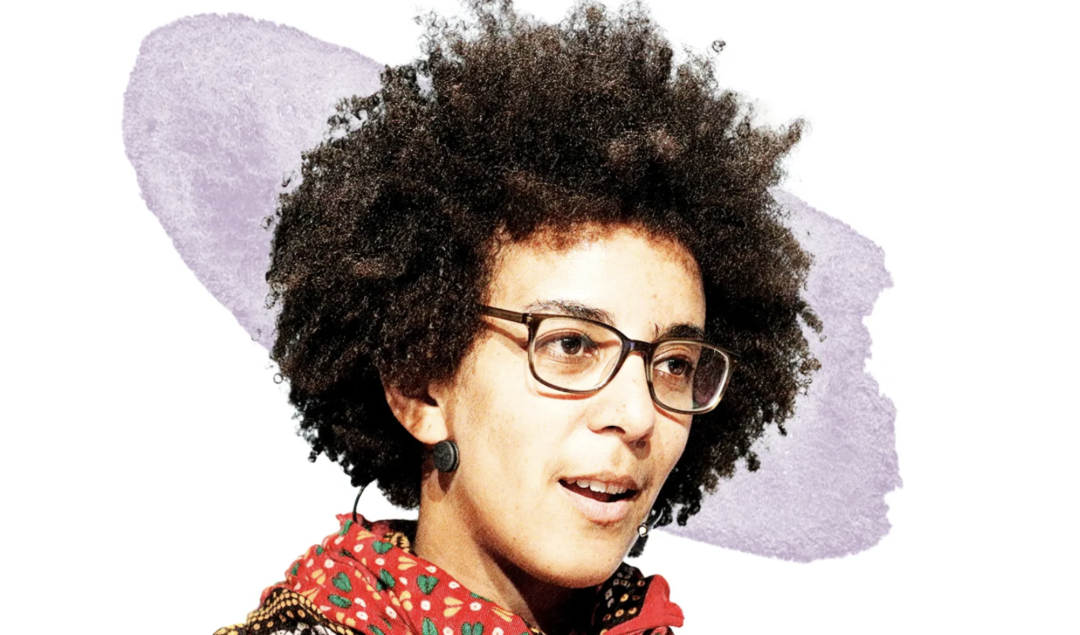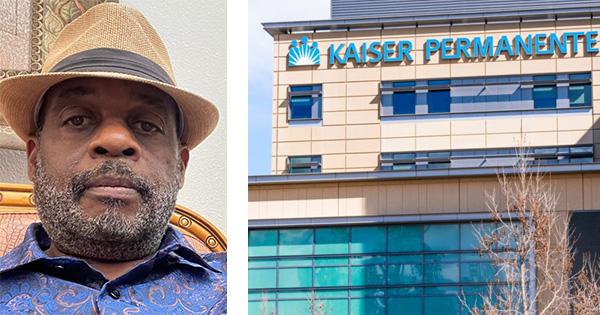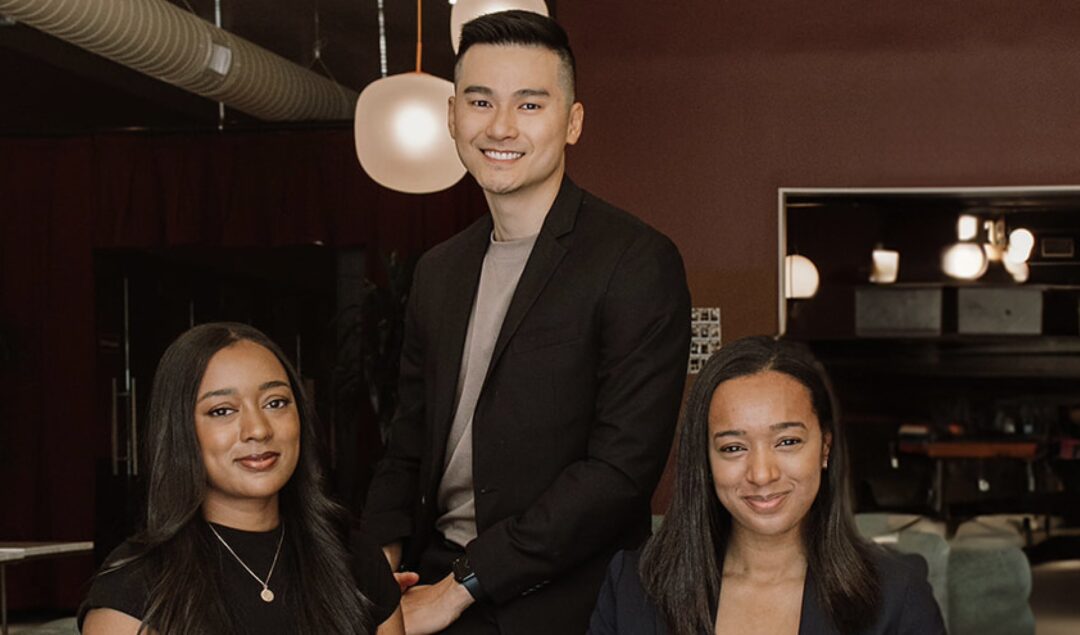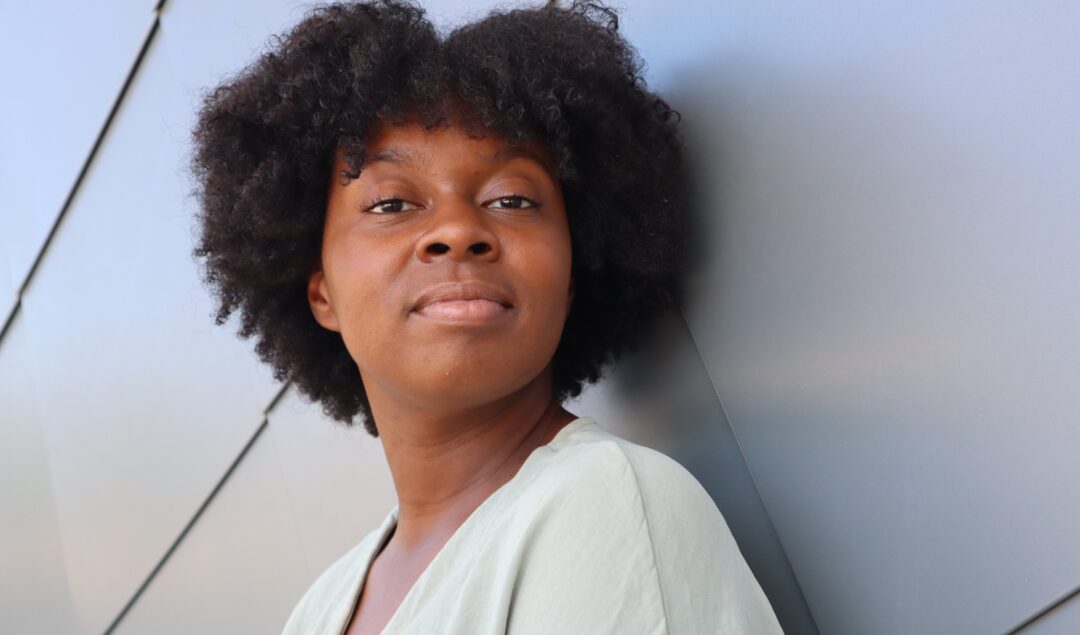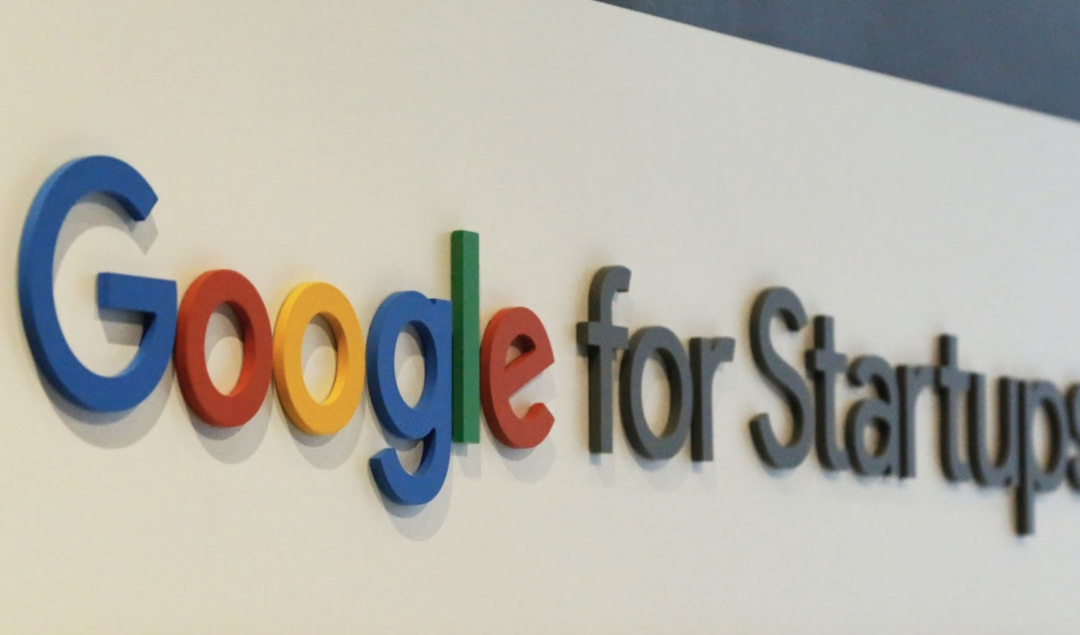Every year, Forbes releases their long-awaited list of young innovators shaping today’s world. This year marks Forbes 30 Under 30’s 13th annual list of entrepreneurs. The list featured a handful of Black people innovating in tech, from tackling toxic language online to working on the first crewed space mission to Mars. So, let’s meet some of them. Tony Morino, Co-Founder of Wiseday Morino co-founded Wiseday in 2021 to help Canadian homeowners get the best and cheapest mortgage rates. Morina co-founded the company with his friends and long-time acquaintances in 2021
A Black family designed the web series Gracie’s Corner to provide engaging and educational information to Black children through entertainment and music. In a recent interview with The Dig, they shared why they aren’t worried about the impact of AI and children’s education. Culturally Relevant Digital Education A report found that young Black students had increasingly reported their feelings of unwantedness in their academic spaces and the toll of energy they must exert to feel safe in these spaces. In 2020, with the onset of the COVID-19 pandemic and the
Black digital media brand Black Enterprise has released its 40 under 40 2023 honorees. The list showcases Black visionaries and changemakers making their mark in their respective industries, including technology and STEM, business, media, finance, and many others. “Black Enterprise’s 40 Under 40 list is not just a celebration of individual success but a testament to the boundless potential within our community,” said Early Graves Jr., CEO of Black Enterprise. “This announcement serves a powerful reminder that Black excellence knows no bounds and that, collectively, we are charting an extraordinary
Black founders raised only 0.13% of all capital allocated to US startups in Q3 of this year, Crunchbase has reported. A decline in funding Only 0.13% of venture dollars allocated between July and September went to Black founders. This equates to about $39.7 million of the total $29.9 billion allocated, a massive year-over-year drop for Black founders. In Q3 2022, Black founders raised $1 billion out of around $81.7 billion in venture dollars, approximately 1.2%. TechCrunch also reported a massive quarter-over-quarter drop as in Q2 of 2023, Black founders raised
TIME chose the 100 Most Influential People in Artificial Intelligence for the TIME100/AI, featuring several people of color. TIMES’ most knowledgeable editors and reporters spent months fielding recommendations from dozens of sources to assemble hundreds of nominations they whittled down. “We wanted to highlight the industry leaders at the forefront of the AI boom, individuals outside these companies who are grappling with profound ethical questions around the uses of AI, and the innovators around the world who are trying to use AI to address social challenges,” said executive editor Naina
George McKinney, the founder of Better Life Technologies, is in a five-year legal battle against healthcare provider Kaiser Permanente. Better Life Technologies Black-owned tech firm Better Life Technologies Group, Inc. describes itself at the forefront of innovation in human vitality monitoring within the wireless wearable technology revolution. Their goal is to enhance accessibility to life-saving technologies and create sustainability within the industry. They work on highly disruptive, non-invasive, real-time diagnostics for COVID-19 and many other pathogens. What Happened? McKinney has been in a legal battle with Kaiser Permanente for over five years
Empowering Motherhood: The Black-Owned App Revolutionizes Pre And Post-Natal Care Through Technology
The Aster app was created to help women keep track of their pregnancy, communicate with a care team on the app and book appointments and remote monitoring. Founder of Aster FiFi Kara created the app after witnessing her family’s distress as her nephew was brought into the world. “After an emergency CAT 1 C-Section delivery, he required over seven minutes of resuscitation before he took his very first breath,” she wrote on LinkedIn. “The fact that both my nephew and sister are now thriving feels like a miracle, yet this narrative is sadly
A UCLA Luskin School of Public Affairs report found gaps in funding given to Black and Latine founders. The school tracks investments made by LA-based venture firms connected to the Annenberg Foundation’s Pledge LA initiative. Pledge LA is a coalition of over 200 venture capital firms and tech companies. Initiated by the Annenberg Foundation and former Mayor Eric Garcetti, the pledge advances access and opportunity for all Angelenos. Each year, PledgeLA anonymizes funding data and presents it at the regional level, highlighting pain points and areas of success for the LA tech scene. What
Yesterday, Google for Startups announced the 46 U.S. recipients of this year’s Black and Latino Founders Fund. The participants receive $150,000 in equity-free cash to help fuel their business, sales, and fundraising training, technical support from Google mentors, up to $100,000 in Google Cloud credits, and mental health coaching from a team of Black and Latino therapists. Over the past month, Google has welcomed 99 Black Founders Fund recipients in the U.S., Africa, Europe, and Brazil. Here are some of the recipients chosen from the U.S. Meet some of the
Former bankers Lyndsae’ Peele and Casey Ariel are turning to web3 to empower and uplift Black women entrepreneurs with Zubachee, their “metaverse ecosystem for Black women in business.” The pair plan to onboard one million Black women onto the metaverse by 2023. What is Zubachee? Zubachee aims to become the go-to space in the metaverse for Black women entrepreneurs to find the tools and support needed to scale their businesses. Zubachee is also developing a curriculum and planning events to educate Black women needed to run profitable business operations. While

